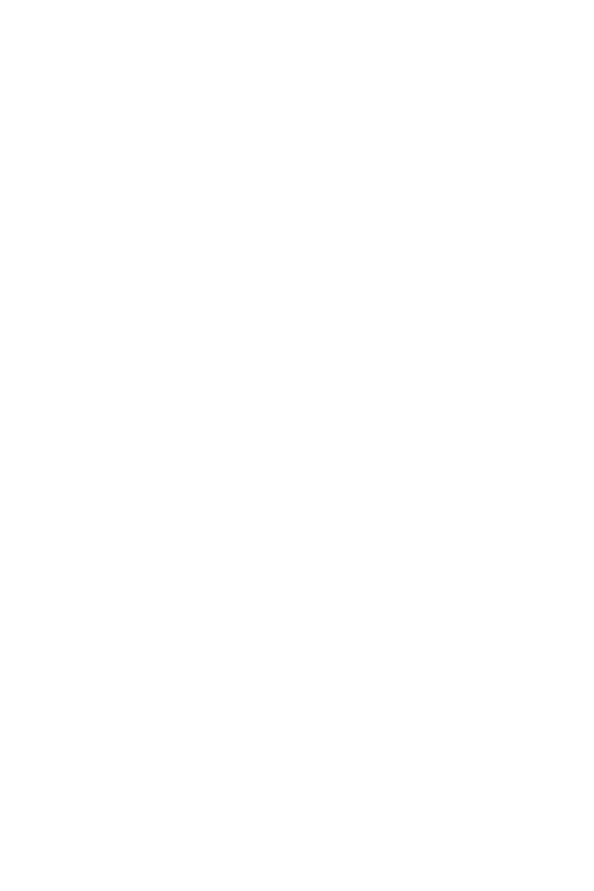
episodically. Berger, Clarke, and Chief of Staff John Podesta received daily Bin Ladin "Situation Reports" from the
CIA detailing Bin Ladin's reported location and movements. Berger told us he would tell President Clinton if there
was anything in these reports that he needed to know. Samuel Berger interview (Jan. 14, 2004). Information on
distribution of Bin Ladin Situation Reports provided to the Commission by CIA.
related contexts: new technologies and the greater openness engendered by postCold War globalization; and
weapons of mass destruction (WMD), especially--and increasingly over time--the threat from biological and chem-
ical weapons. President Clinton repeatedly linked terrorist groups and WMD as transnational threats for the new
global era. See, e.g., President Clinton remarks,"On Keeping America Secure for the 21st Century," Jan. 22, 1999
(at the National Academy of Sciences,Washington, D.C.), in which he spoke directly to these topics.
lennial opportunities, see, e.g., CIA briefing materials, CTC for the DCI,"Millennium Threat," Dec. 16, 1999.
2000 (appendix B:"Bin Ladin's Role in the Anti-U.S.`Millennial' Plots").
were not al Qaeda facilities,Abu Zubaydah had an agreement with Bin Ladin to conduct reciprocal recruiting efforts
whereby promising trainees at the camps could be invited to join al Qaeda. See Intelligence report, interrogation
of Abu Zubaydah, July 10, 2002.
8. FBI electronic communication,"Ahmed Ressam; Usama bin Ladin; Sbih Benyamin; Lucia Garofalo; Boua-
manual containing lessons on weapons handling, tactics, covert operations, bomb making, and other topics. The
manual was originally created in the late 1980s by Afghanistan-based extremists, who considered it essential for
waging terrorist operations and guerrilla warfare in the jihad against the Soviets. For more on the origins of the
Encyclopedia, see Intelligence report, interrogation of Abu Zubaydah, June 24, 2003. Although Deek's precise role
within the extremist community is unknown, his name appears variously as a staff member, instructor, and techni-
cal guru for the Khaldan and Derunta terrorist training camps in Afghanistan. Intelligence has revealed no extant
links to the al Qaeda inner circle. For more on Deek, see FBI electronic communication,"Usama Bin Laden; Pentt-
bomb;Taliban," May 25, 2002.
chi," Dec. 29, 1999; Miller,"Holy Warriors," Jan. 15, 2001. On the fate of Hoshar and Hijazi's accomplices, see DOS
cable, Amman 05158,"Security Court Convicts UBL Suspects of Plotting," Sept. 18, 2000.
13. NSC email, Clarke to Berger, Dec. 14, 1999.The State Department, through the U.S. embassy in Riyadh,
strong and unmistakable message to the Taliban that should such attacks occur, they and Bin Ladin will be subject
to swift and serious response." See DOS cable, Riyadh 003900, "Saudis on USG Warning to Taliban Concerning
UBL Threats," Dec. 14, 1999. Berger wrote President Clinton that the State Department's warning seemed to barely
register with the Taliban. See NSC memo, Berger to President Clinton, terrorist threat at the millennium, Dec. 18,
1999.
memo, Riedel re Milam call (attached to the Clarke email).
16. Randy Moss interview (Feb. 6, 2004). In sending the draft MON to the CIA, the NSC's senior director